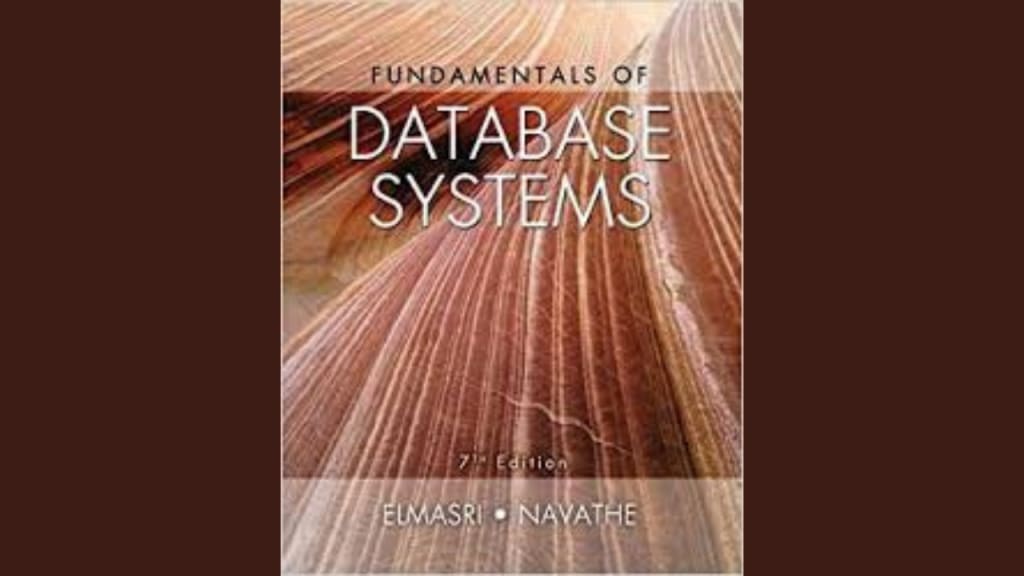Solution Manual of Database Systems Teaches You These Benefits
For better data storage and accessibility, you need DBMS. In this tech era, we can’t underestimate or ignore its power and capability. Organizations switched to DBMS for their data storage, which helps them to report and improve their business.

The Database Management System or DBMS is the software system that allows users to create, define, maintain, and control access to the database. It allows end users to modify and delete data from the database. In a large business organization, it plays a crucial role in storing data, which is effectively used to manage it. This post has compiled the benefits highlighted in Fundamentals of Database Systems.
Advantages of DBMS
1. Reducing data redundancy
The database stores your data, and it can store multiple files which you can access from different location across multiple workstations. It minimizes isolated files in which the same data are repeated. With the help of DBMS, access and availability of information can be enhanced. Program development and maintenance costs can be reduced because users and programmers can perform ad hoc queries in the database.
2. Sharing of Data
Users in the database can share the data among themselves. There are various levels of authorization to access the data, and as a result, the data can only be shared based on the appropriate authorization rules being followed. Several remote users can get access to the database simultaneously and share data between themselves.
3. Data Security
One of the essential concepts of a database is data security. DBMS allows only authorizes users to access the database with authenticated identity using username and password. It does not allow unauthorized users to access the database in any circumstances. Or else it is a violation of data security norms. Hence, DBMS ensures you safe data storage and never violates the integrity constraints.
4. Data integration
DBMS also offers you effective data integration. It means that the data is accurate and consistent in the database. Integrating data is very important as multiple databases in DBMS is present. All these contain visible data for multiple users. Hence, it is necessary to ensure the data is correct and consistent in DBMS for all the users. If you want to learn the fundamentals of data integration, view solution manual for fundamental database system 7th edition.
5. Backup and Recovery
Have you ever saw on a computer or smartphone the pop up window of data backup? Why does the system ask for the same? In case the deleted data is required to users, the DBMS automatically delivers the same. It takes cares with the backup and recovery where users don’t need to back up data periodically. Also, it restores the database after a crash or system failure to its previous condition.
6. Enhance end users productivity
The database management system will always boost the end users' productivity. It empowers the end users to make quick and informed decisions that contribute to an organization's success and failure. Streamlining things like productivity reporting, financial reporting, and inventory tracking is easier with DBMS. By using it in association with helpful things like server monitoring tools, you can widely improve your business.
Key Takeaways
For better data storage and accessibility, you need DBMS. In this tech era, we can’t underestimate or ignore its power and capability. Organizations switched to DBMS for their data storage, which helps them to report and improve their business.
About the Creator
Anna Jones
I am a professionals developer and Engineering Professor with many years of experience. Right now I am working with CFS, this company has expertise in providing Textbook solutions manual and Q and A answer, assignment writing help.






Comments
There are no comments for this story
Be the first to respond and start the conversation.